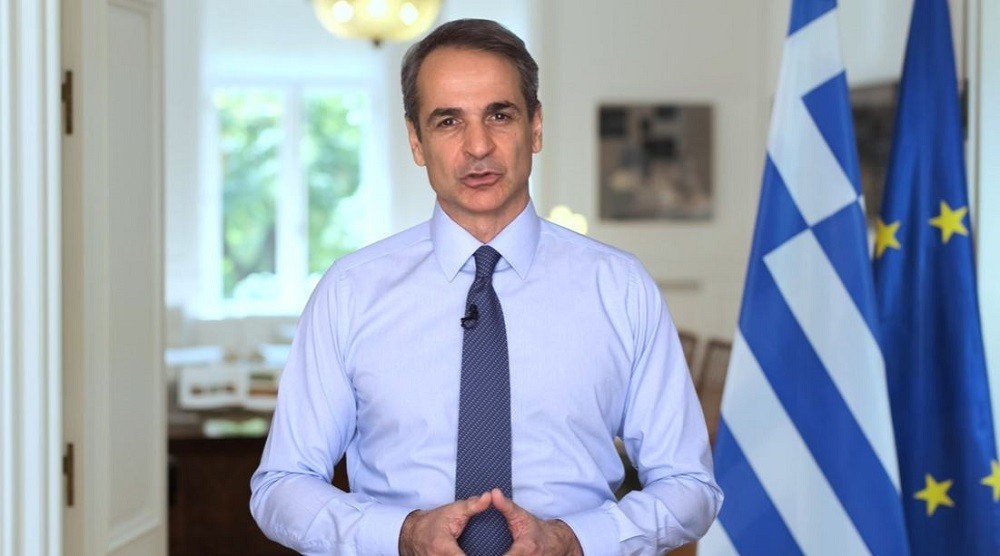
Populism and youth population in European Union: A major threat for Democracy
Populism and poverty are 2 issues correlated, given that the latter facilitates the rise of the former. Populism has always been a major threat for Democracy, but after the onset of the 2008 financial crisis this has been increased significantly. Populism ,either left-wing or right-wing, has strengthened its influence in several countries such as Hungary, Spain, Italy, Greece, France, UK.
- The rise of populism is a major concern for the European structure as this could undermine the stability not only in EU institutions but also across the European countries. Within this framework the most vulnerable group is seems to be the youth population across EU, mainly in the southern countries. 5 months to the European Parliament Elections of May and Europe has to face a challenging and emerging threat, this of populism.
For this reason EU should invest more in the improvement of living conditions of youth population as they have been significantly affected from the imposed austerity measures, the increase of unemployment, the low wages. A repercussion of these issues is the mistrust to politics and politicians which probably make them more vulnerable to populism and populists.
- Is youth population in EU more vulnerable to populism?
After the financial crisis of 2008 3 major issues related to youth population are correlated with populism, their scarce engagement with politics and the worries about EU structure: the working poor, youth unemployment and the NEETs. These people, they are disappointed from the political parties, they do not have trust to institutions and they show lack of interest in politics.
- Poverty facilitates the rise of populists as more people feel isolated and excluded from the society. Specifically, 28% of young people between 15-29, i.e 21,8 million, are at risk of poverty. The most affected is the youth population (15-29) in Southern countries, i.e in Greece in 2017 45,9% was at risk of poverty or social exclusion, in Italy 35%, in Spain 34,8%.
The poverty rate is related with the unemployment, the low-wages and the people not in education, employment or training (NEETs). The unemployment rate in EU regarding the young population was in July 14,8%, while the highest rates were recorded in Greece 39,7%, Spain 33,4% and Italy 30,8%.. The unemployment is of major concern about the youth population as they tend to feel more frustrated about the politics and politicians, due to limited opportunities in their early career stages, creating a vicious cycle for the future.
Concerning the low wages, the working poor are living in poverty despite having a job. In 2015, the rate of young workers living in poverty in EU was 12,5%. This issue is more worrying in southern countries such as Greece and Spain where young workers living at risk of poverty is approximately 20%.
- Apart from this, EU should face another issue, this of NEETs, the most social vulnerable group in Europe. NEETs are more likely to be socially excluded, having a bleak future, as they do not participate in employment, education or training. In 2015, 12% of young people were NEETs but in Italy and Greece the percentage of NEETs exceeds 23%. Within this context, NEETs demonstrates a disengagement from society, as only 28% of them are interested in politics, most of them are not keen to vote, having less trust to EU institutions.
These aforementioned issues make youth population feeling more isolated and disappointed about the current situation, not having trust to politicians and institutions in general. It is worth mentioning that the greatest abstainers in the previous European elections were young people (18-24), the 72,2% did not vote. The reasons for not voting were the lack of trust in politics, the fact that they are not interested in politics and that their vote has no specific consequences. Therefore, deepening inequality in EU could further increase the influence of populists.
A more inclusive growth is needed
The significant increase in EU competences and the financial crisis of 2008 have declined the confidence of people and especially youth population in the EU structure. EU had emphasized more on the technocratic perspective rather than the identification of the real problems.
- Within this framework, citizens mainly in EU southern countries feel more alienated and they are mistrustful against the EU institutions and the governments. The political mistrust continues, given that EU failed to address promptly and effectively the problems of the previous years. The limited prospects for young people may not only lead to political apathy but also could be a tool in the hands of various populist movements in Europe. Furthermore, it is recent the outbreak of protests in France, known as yellow vests, demanding better opportunities and living conditions.
For this reason, EU should invest in a more inclusive growth, creating decent jobs in order to engage more the youth population in society and eliminate the rise of populism. A drastic improvement in living conditions with better opportunities for all is required concerning the alarming issues of NEETs, working poor and youth unemployment. EU and countries should emphasize more in their young populations, as they are the future of our European society and crucial part for EU’s stability.
- In this critical period, 5 months before the next European elections, young population should be a crucial objective of EU’s policy for the future. EU based on the European Social Rights Pillar could build a fairer and more socially inclusive EU. The three main categories are equal opportunities and access to employment, fair working conditions and social protection and inclusion. However, more clear and direct references should have been included in European Social Rights Pillar about the young population, mainly for the working poor and the NEETs. In the same context, Europe Strategy 2020 should have paid more attention to these vulnerable groups.
Also, other initiatives should be strengthened like the Youth Guarantee Programme which could further contribute to a more inclusive growth and EU has to further support it, as this programme helps young people to find faster a good job, to ameliorate their skills and to eliminate their exclusion from the society. Αt the same time, education, employment and training should be extended to a larger part of the youth population, especially in the NEETs, consequently more tailor-made policies should be included in the Youth on the Move.
In other words, there is a need to move toward a more inclusive, resilient, and supporting society in order youth population not to be vulnerable to populism. By improving the living conditions of the youth, the dealing with the issues that concern them and the creation of better opportunities and prospects, not only populism will be fought in this group, but also the confidence in the European structure will be gained again which is obviously lost.
(*) George Koulouris- Political Scientist based in Athens, working as Project Manager/Communication Specialist. His interests focus on social inclusion, education, employment, minority and human rights. He holds a degree in International & European studies from University of Piraeus and a Master of Arts on Sustainable Development.
- Τα σχόλια που δημοσιεύονται στην ιστοσελίδα μας εκφράζουν απαραίτητα τους συγγραφείς. Η ιστοσελίδα μας δεν λογοκρίνει τις γνώμες των συνεργατών της.
Wess Mitchell and the musical chairs in the Trump foreign policy team: A negative development

